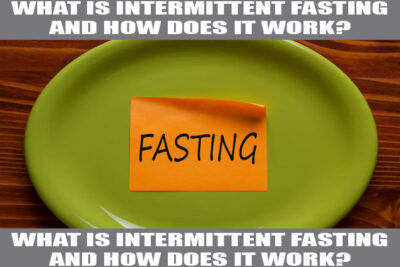
Low fat diet: What is it? and what are its benefits
What is the low fat diet?
A low-fat diet is one that restricts your intake of saturated fat, cholesterol, carbohydrates, and sodium, and eats fruits and vegetables more often. Low-fat diets are designed to reduce the occurrence of medical conditions such as obesity and heart disease. While this is generally good information, what most people don't realize is that there are many other benefits of a low-fat diet. In fact, these "benefits" may even reverse some of the damage attributed to low-fat dieting.
The main goal of a low-fat diet is to keep calorie intake at a level that the body can burn without being forced to increase calorie intake. To achieve this, the amount of carbohydrates you eat must be below what is required by your body. This would allow you to lose weight without any increase in your activity levels. The main reason carbohydrates fall into this category is because they burn faster than protein and unsaturated fatty acids.
Low-fat diets have been shown to be beneficial in fighting heart disease, but you shouldn't rely on them alone for weight loss. Exercise and a balanced diet can help you achieve the weight loss you want. It's also important to make sure you're not just cutting calories, but cutting fat. To do this, you must eat a balanced diet that is full of vitamins, minerals, essential fatty acids and fiber.
low fat diet benefits
1. Reduces the risk of cardiovascular disease
Research has shown that consuming a lot of calories is directly related to the risk of heart attack. Eating fewer calories reduces the risk of cardiovascular disease, but may not completely prevent it. However, consuming less than 10% of your daily calories from fat keeps your body in a fat-burning metabolism mode, which reduces the risk of coronary artery disease.
2. We reduce our consumption of processed foods
Processed foods contain various chemicals, additives, and preservatives that can wreak havoc on our bodies. On the other hand, consuming less processed foods means that we reduce our intake of unhealthy foods like fast food, doughnuts, brownies, donuts, chips, chocolate bars, etc. These types of foods we all know are extremely bad for us.
Eating a low-fat diet doesn't mean you have to stop eating foods you like. Instead, you'll eat more foods like fresh vegetables, fruits, legumes, nuts, seeds, and seafood. You'll also want to add low-sugar starches like brown rice and whole-grain breads to your diet, as well as low-fat dairy products like low-fat cottage cheese. These types of foods help reduce your craving for sweets, increase your energy, and provide your body with the vitamins and nutrients it needs.
3. Increase the amount of good cholesterol
By following a low-fat diet, we help increase the amount of HDL cholesterol (good cholesterol) in our body. High-density lipoproteins are considered the good cholesterol in our system because they have many important functions in keeping us healthy. Chief among these functions is the job of making sure our cell membranes stay intact and well protected. When our cell membranes get damaged, our cells can be easily affected and cannot function properly. This can lead to many different conditions and diseases, some of which are heart disease, cancer, and diabetes, to name a few.
4. Decrease Total Calorie Intake
Our bodies need calories to stay alive and healthy. However, when we eat excess calories, our body goes into what is called a "fast state," in which it uses all of its energy reserves to meet demand and nothing else. Our body then burns all the stored calories, which results in our body burning fat. This makes us feel hungry and tired easily and can also lead to overeating, especially when trying to lose weight.
5. They contribute to our long-term health
Studies have shown that low-fat diets help reduce the risk of heart disease, stroke, and certain forms of cancer. By eating more vegetables and fruits, we can reap the benefits of fruits and vegetables. Additionally, a low-fat diet helps lower blood pressure and helps protect our bodies against toxins and free radicals that contribute to heart health problems. Fruits and vegetables are an important part of a nutritious and balanced diet for weight loss and optimal heart health.
6. Reduces the amount of sugar in the blood and helps control insulin levels
Fibers are made up of a combination of simple and complex carbohydrates and sugars. Eating more fibrous foods reduces the amount of simple carbohydrates in your diet, which lowers the amount of sugar in your blood and helps control insulin levels. This type of diet is particularly helpful for those who have had surgery or are undergoing chemotherapy .

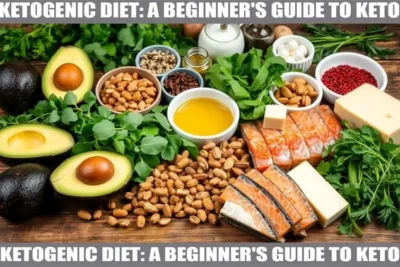
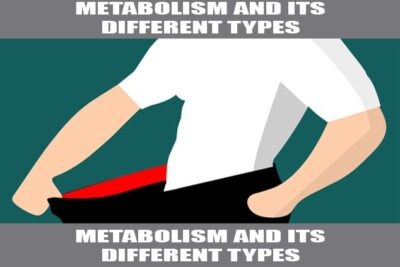



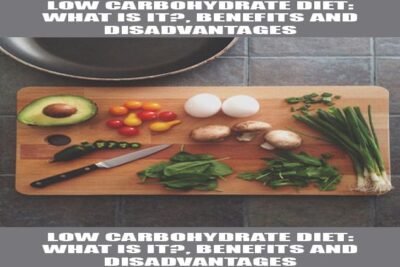
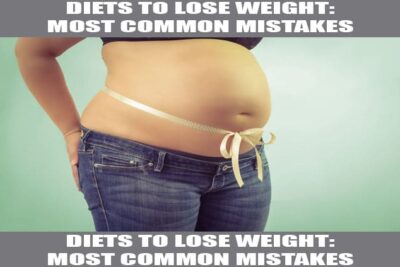
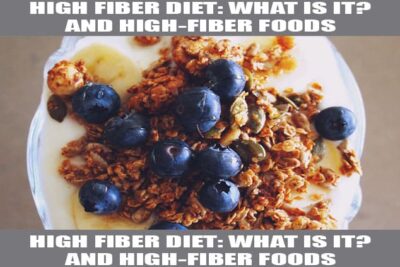

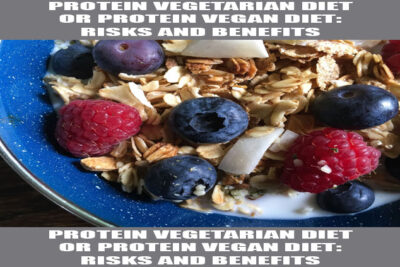
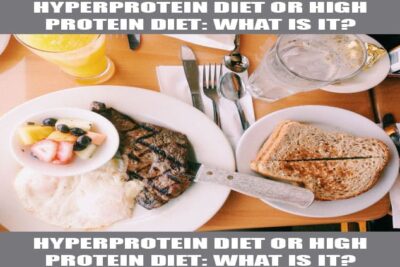


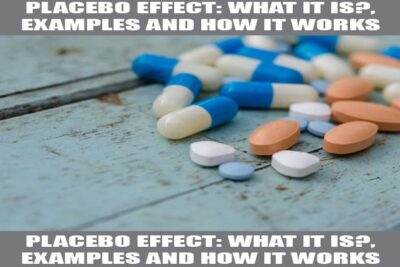


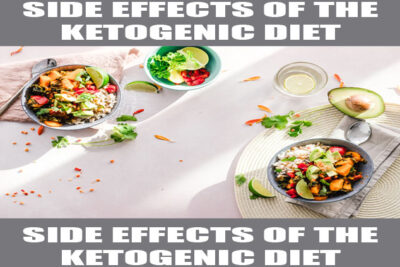
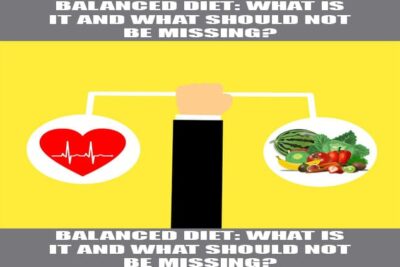



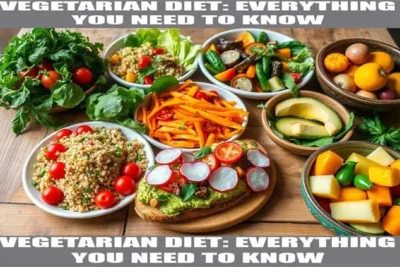
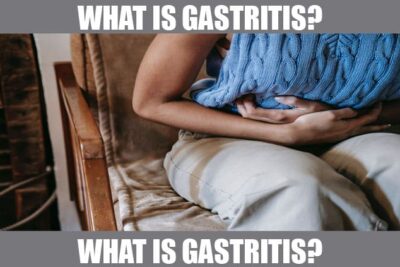




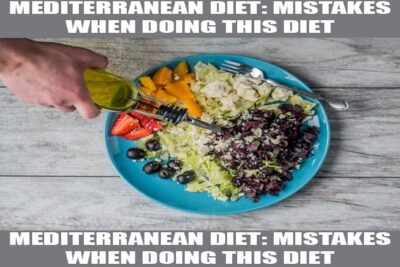
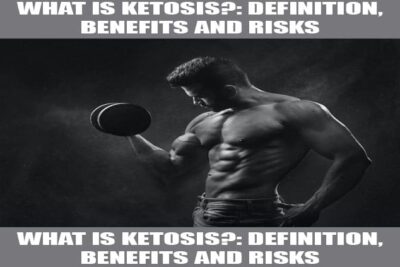
Content that may interest you